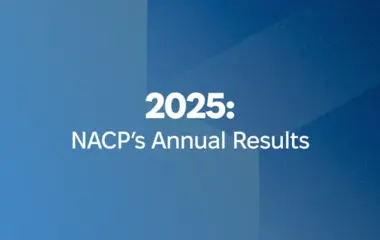One of the fundamental principles of a democratic society is the citizen’s right to lawfully influence the decisions of state authorities and local self-government bodies. In Ukraine, this right is guaranteed by the Constitution of Ukraine.
The same right has now been extended to the business community. From September 1, the Law of Ukraine “On Lobbying” (the Law) came into effect, establishing the legal foundations for a transparent and responsible lobbying culture, defining the rules for influencing the lawmaking process in commercial interests, and making it accountable to society.
Lobbying is an activity carried out with the purpose of influencing the lobbying target, which may include an official of a state authority or local self-government body, by individuals registered in the Transparency Register for remuneration or reimbursement of expenses, and concerns the adoption of regulatory legal acts (RLAs) in the commercial interests of the client or the lobbyist.
Lobbying is an activity that is:
- lawful and socially beneficial;
- a legitimate tool for representing private sector interests before the state;
- transparent and accountable;
- conducted according to the rules defined by legislation;
- structured to prevent improper benefits for the lobbying targets;
- involving the preparation and provision by lobbyists of analytical materials, results of sociological and other research, and the implementation of communication campaigns, which contributes to the adoption of high-quality and effective state decisions in the interests of society.
As for the concept of corruption, the Law of Ukraine “On Prevention of Corruption” defines it as the use by an official of their powers or opportunities to obtain undue benefit, or when such benefit is offered or provided to influence illegal actions.
Corruption has the following characteristics:
- illegality of the act;
- it is strictly punishable in Ukraine and most countries worldwide;
- the person involved in a corrupt agreement receives direct unlawful benefit for themselves or others;
- corruption has no predetermined rules of conduct;
- actions of the official do not consider the interests of society;
- decisions are made in the interests of a narrow circle of people, while they may be harmful or ineffective for society.
Thus, lobbying is not “legalized corruption,” but an instrument of transparent dialogue between business and authorities, which is an integral part of a democratic society where different groups influence public decision-making. It is aimed at preparing high-quality decisions beneficial to a wide range of citizens.
Corruption, on the other hand, is hidden and replaces the public interest with private gain, causing harm to the state and its citizens. A corrupt official must bear administrative or criminal responsibility.









